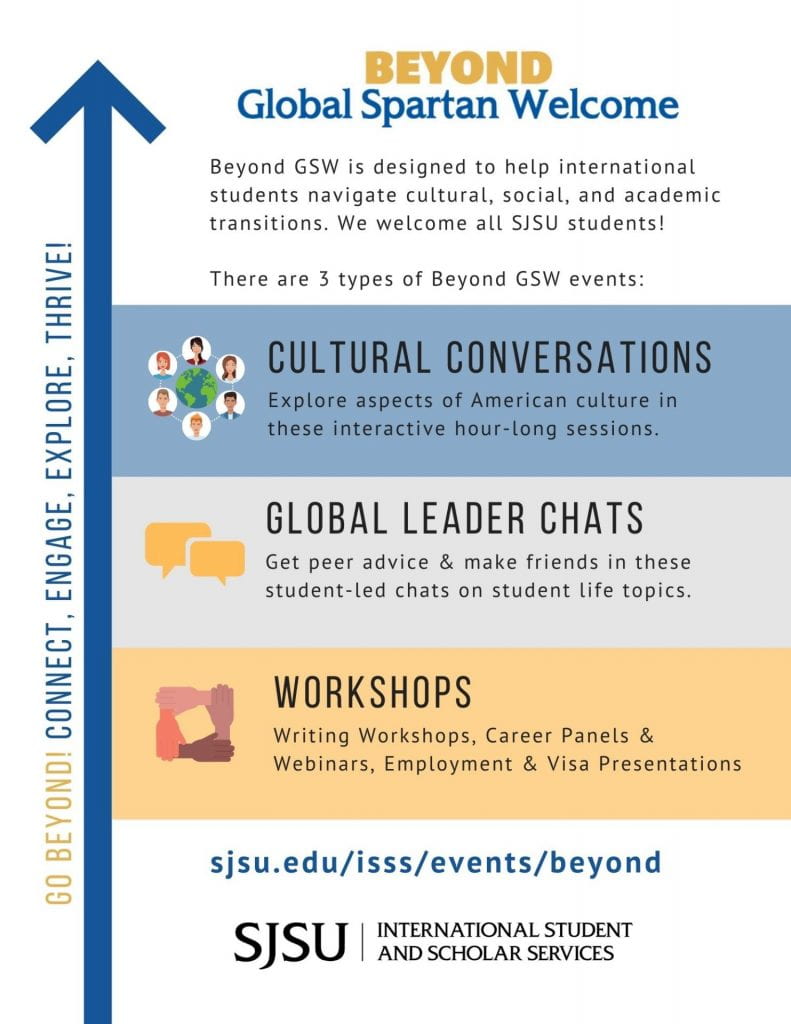
The 59th Presidential Inauguration: Why Is It So Important?
The 59th Presidential Inauguration for the 46th President (President-Elect Joe Biden) will be taking place on Wednesday, January 20th. Per the Constitution, the day of the Inauguration will always take place on January 20th unless January 20th falls on a Sunday, then it will take place the following day on January 21st. The President-Elect is sworn in by the Chief Justice of the Supreme Court as the new President of the United States.
However, for many Americans, including the rest of the world, the upcoming American Presidential Inauguration will have much more significance than ever before in light of the recent violence that has taken place at the U.S. Capitol. Historically, the Presidential Inauguration has always represented two extremely important facets of the American Democracy: a peaceful transfer of power and continuity of our system of government as prescribed by the Constitution.
History of the Presidential Inauguration & Swearing-In
The first Inauguration Ceremony took place in New York City in 1789 and began with our first President, George Washington. Washington established many of the traditions that we currently practice today, such as the incoming President placing their left hand on a Bible during the swearing-in as well as the many festivities that occur after the President is sworn in. Interestingly, not all presidents have been sworn in with a Bible and actually chose different texts to place their left hand on, including a law text and a Roman Catholic Missal (a small book of biblical verses and hymns for a singular church service.) The most important part of the Presidential Inauguration Ceremony consists of the swearing-in/Oath of Office of the new President by the current Chief Justice of the Supreme Court.
What is the “Oath of Office”?
The President takes an “Oath of Office,” which is mandated by Article II, Section One of the Constitution, by placing their left hand on a Bible while raising their right hand in the air and then proceeding to recite the following Oath: “I do solemnly swear (or affirm) that I will faithfully execute the Office of President of the United States, and will to the best of my ability, preserve, protect and defend the Constitution of the United States.” Technically, even before the new President takes their Oath of Office and is sworn in, the Vice-President will have taken the following Oath:
“I do solemnly swear (or affirm) that I will support and defend the Constitution of the United States against all enemies, foreign and domestic; that I will bear true faith and allegiance to the same; that I take this obligation freely, without any mental reservation or purpose of evasion; and that I will well and faithfully discharge the duties of the office on which I am about to enter: So help me God.”
This Oath is also recited to swear in other federal employees such as Senators and Congressional Representatives.
Schedule of Events for the Inauguration Ceremony
Since the very first Presidential Inauguration, there has always been a “ceremony” attached to the official swearing-in that features several festivities and a parade on Pennsylvania Avenue. At a typical Inauguration Ceremony, excluding 2021 due to Covid-19 crowd restrictions and security concerns, there is usually a crowd of approximately 200,000 attendees to witness the Oath of Office and the ensuing events throughout the day. Below is the official schedule for the 59th Presidential Inauguration Ceremony provided by PBS (KQED):
- 11 a.m. – Joe Biden arrives at the U.S. Capitol.
- 11:15 a.m. – The inauguration program begins.
- Invocation – Father Leo J. O’Donovan
- Pledge of Allegiance – Andrea Hall
- National Anthem – Lady Gaga
- Poetry Reading – Amanda Gorman
- Musical Performance – Jennifer Lopez
- 12 p.m. – Biden is sworn in as 46th president.
- 2:30 to 3p.m. – Biden lays a wreath at Arlington National Cemetery’s Tomb of the Unknown Soldier with Kamala Harris and her husband Doug Emhoff, President Barack Obama and Michelle Obama, President George W. Bush and Laura Bush and President Bill Clinton and Secretary Hillary Clinton.
- 3:15 to 3:30 p.m. – Joe and Jill Biden receive a presidential military escort to the White House.
- TBD – The virtual “Parade Across America” begins once the Bidens enter the White House and will feature communities around the country.
- 8:30 p.m. – Actor Tom Hanks hosts a 90-minute special featuring remarks by Biden and Harris and performances by Demi Lovato, Justin Timberlake, Ant Clemons, Jon Bon Jovi, and others.
What is Different About This Year’s Inauguration?
- As mentioned above, Covid-19 restrictions as well as the recent uprising at the U.S. Capitol have led to a few significant changes to the normally scheduled events during the Presidential Inauguration. Traditionally, the outgoing President and his family invite the incoming President and his family to the White House for a friendly breakfast, which will not take place this year due to multiple reasons.
- After breakfast, the families travel together to the Inauguration as a symbolic display of solidarity. However, this year’s Inauguration will be different in that the outgoing President has announced that he will not attend the incoming President’s swearing-in, which would make him the fourth President in U.S. history not to attend their successor’s swearing-in.
- The crowd attending the Inauguration will be significantly smaller than ever before. While most Inaugurations are attended by nearly 200,00 spectators, this year’s Inauguration only permits Congressmen to bring one guest to the Inauguration due to Covid-19 crowd restrictions and severe security concerns.
- The Parade on Pennsylvania Avenue in addition to events taking place later in the evening will be virtual and available online.
Looking Forward
Presidential Inaugurations are one of the many staples of the American Democratic system and will remain to represent a peaceful transfer of power. As a country, this smooth transition from one democratically elected official to another is what differentiated the U.S. from many other countries after its inception over 200 years ago. It is imperative that we remember from where and from whom we come as a nation, and that we have always been a fluid and vast tapestry of cultures and creeds, but ultimately we are all considered to be Americans.
Source(s):
USA.gov: https://www.usa.gov/inauguration
PBS: https://www.pbs.org/newshour/politics/your-guide-to-inauguration-day
History.com: https://www.history.com/news/presidential-inauguration-history-photos






